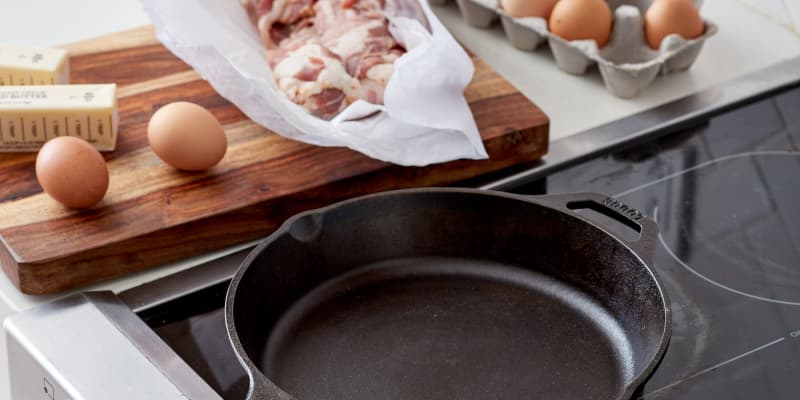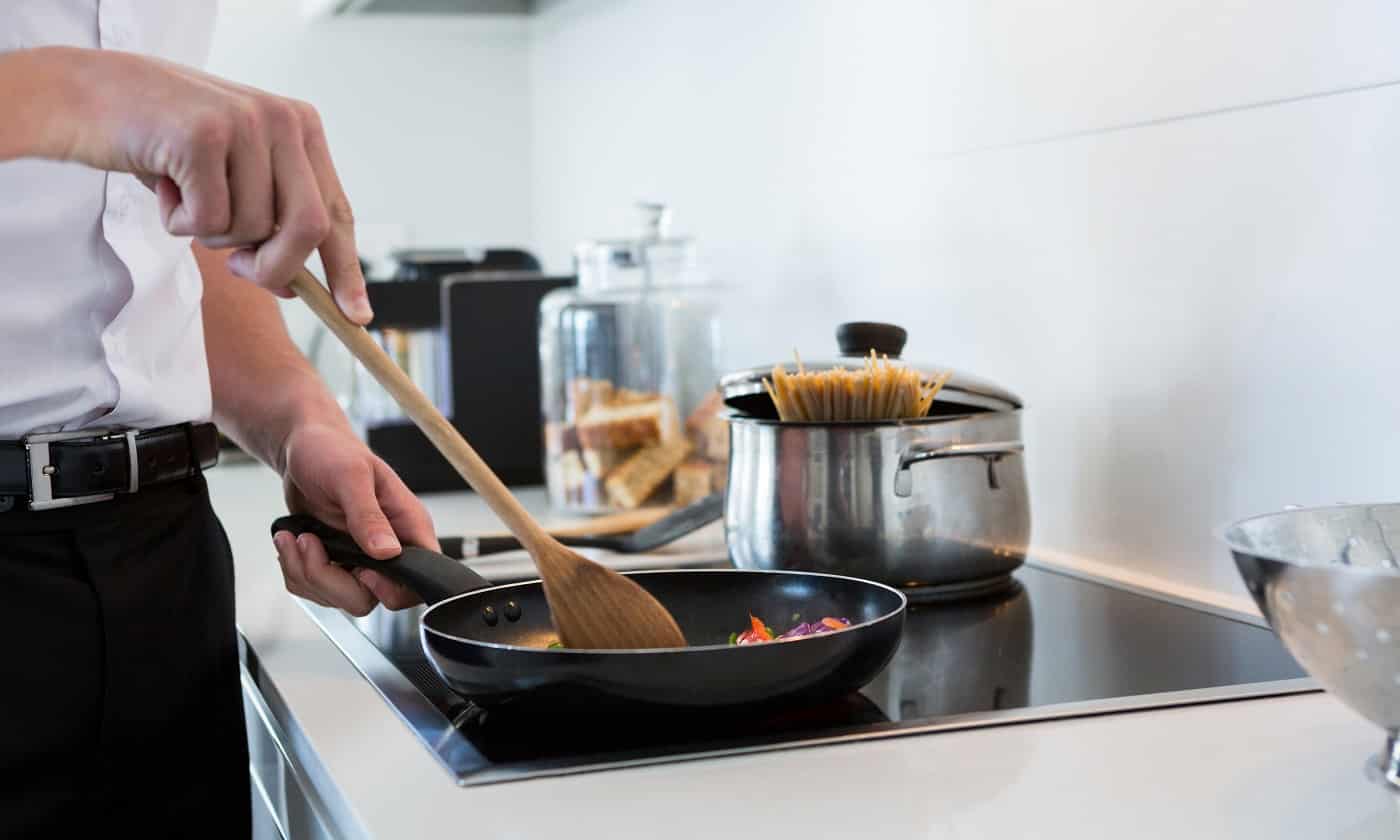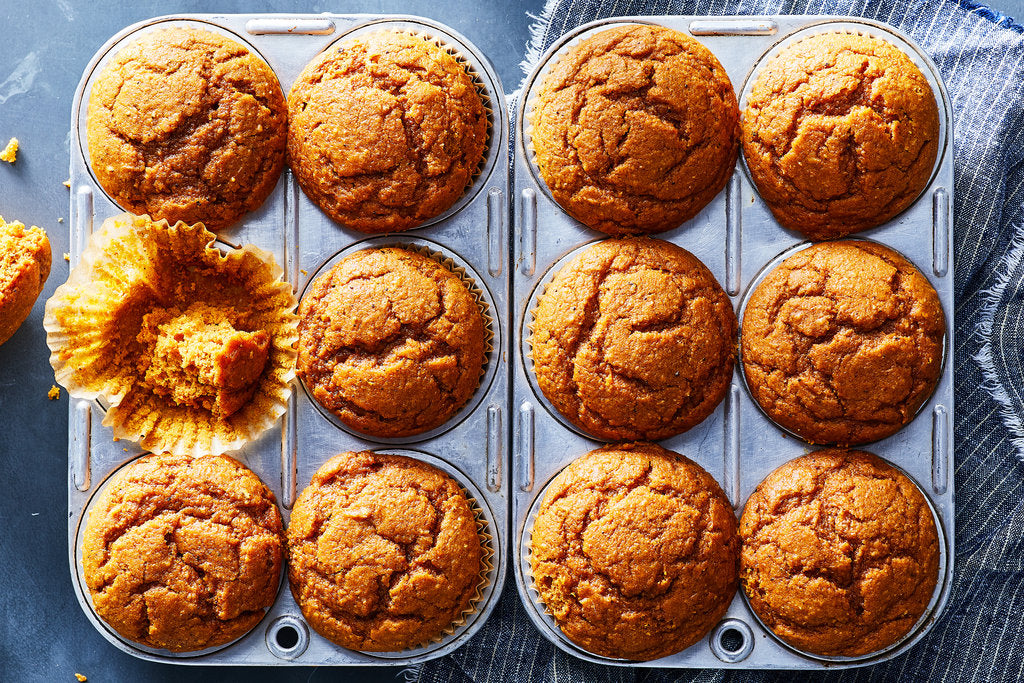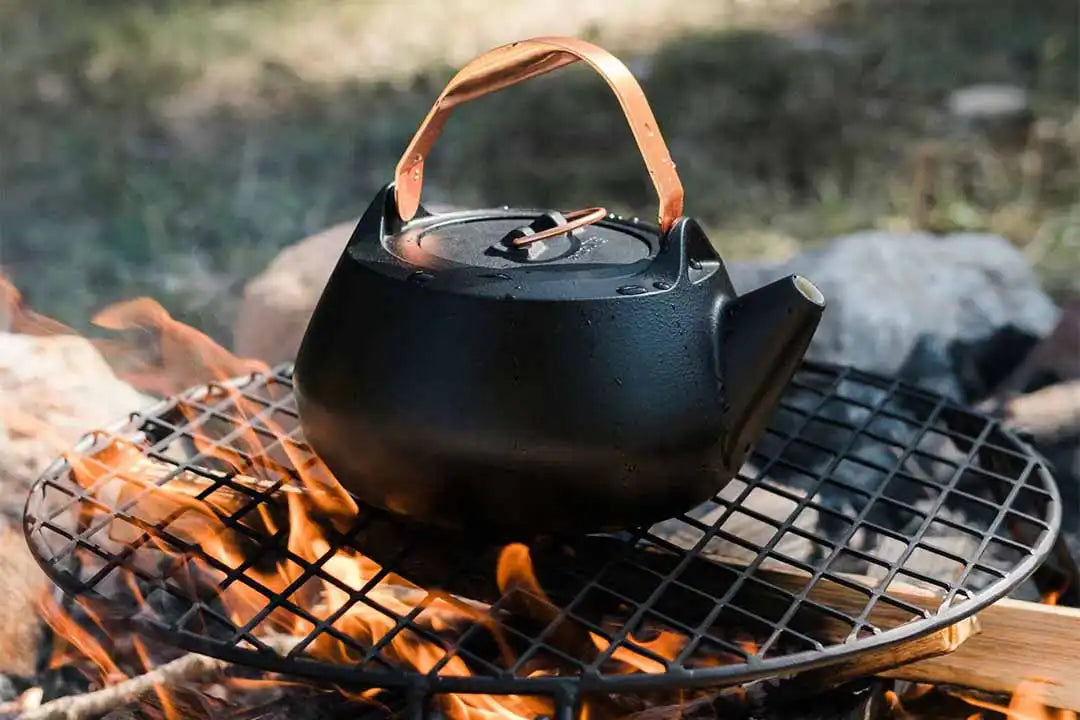In the ever-evolving world of culinary technology, the question of does induction heat cast iron evenly has sparked much debate among kitchen professionals. As chefs and cooking enthusiasts explore the capabilities of modern cooking methods, understanding how different materials interact with these technologies is crucial. Induction cooking, known for its energy efficiency and rapid heating, is often paired with cast iron a staple in many kitchens. But does this combination deliver even heating? Let's delve into the science and practicalities behind this question.

Understanding Induction Cooking
Induction cooking employs electromagnetic energy to directly heat pots and pans, offering a quicker and more controlled cooking process. Unlike traditional gas or electric stoves, induction cooktops do not generate heat themselves; instead, they induce heat within the cookware. This method has gained popularity due to its efficiency, safety, and speed. However, the effectiveness of induction cooking largely depends on the type of cookware used.
The Science Behind Induction and Cast Iron
Cast iron is renowned for its ability to retain heat, making it a favorite among chefs for tasks that require consistent temperature maintenance. But when it comes to induction cooking, the compatibility of cast iron is not always straightforward. The ferromagnetic properties of cast iron make it suitable for induction; however, the material's thickness and density can affect heat distribution.
Induction cooktops create a magnetic field that induces electrical currents within the cookware, generating heat. Cast iron's dense composition can sometimes lead to uneven heating, especially if the pan is not perfectly flat. This can be a concern for chefs who demand precision in their cooking.
Practical Considerations for Kitchen Professionals
For kitchen professionals, ensuring even heat distribution is paramount. The surface flatness of cast iron cookware plays a significant role in how effectively it heats on an induction cooktop. Warped or uneven surfaces can lead to hot spots, which may affect the cooking process.
Moreover, the thickness of the cast iron pan can impact how quickly it responds to changes in heat settings. Thicker cast iron may take longer to heat up and cool down, requiring chefs to adjust their techniques accordingly.
Enhancing Performance with Proper Techniques
While cast iron may have its challenges on induction cooktops, several techniques can help mitigate uneven heating. Preheating the cast iron pan thoroughly before adding ingredients can ensure a more even cooking surface. Additionally, moving the pan periodically during cooking can help distribute heat more uniformly.
Chefs can also consider using a diffuser plate, which acts as a buffer between the cooktop and the pan, promoting even heat distribution. These strategies, combined with a keen awareness of the cookware's characteristics, can help kitchen professionals achieve the desired results.
Exploring Alternatives and Innovations
For those seeking alternatives to traditional cast iron, newer innovations such as enameled cast iron or carbon steel pans may offer improved compatibility with induction cooktops. These materials provide similar benefits to cast iron but may offer better heat distribution and responsiveness.
For more insights into achieving perfect results with sizzling dishes, learn how to balance textures in sizzling meals or see how restaurants serve sizzling dishes.
Cast Iron on Induction: A Culinary Perspective
Ultimately, the question of whether induction heats cast iron evenly depends on several factors, including the cookware's condition, the cooktop's specifications, and the chef's techniques. While challenges exist, understanding these dynamics allows kitchen professionals to make informed decisions and optimize their culinary creations.
For a deeper dive into the compatibility of cast iron with induction, you might find this resource on induction cooking insightful.

FAQ
1. Can I use any cast iron pan on an induction cooktop?
While most cast iron pans are compatible with induction cooktops, the effectiveness can depend on the flatness and condition of the cookware.
2. How can I test if my cast iron is suitable for induction cooking?
Place a magnet on the bottom of the pan. If it sticks firmly, the pan is likely suitable for induction.
3. Are there any specific brands of cast iron that work better with induction?
Brands like Le Creuset and Lodge are known for producing high-quality cast iron cookware with consistent performance on induction cooktops.






Leave a comment
This site is protected by hCaptcha and the hCaptcha Privacy Policy and Terms of Service apply.